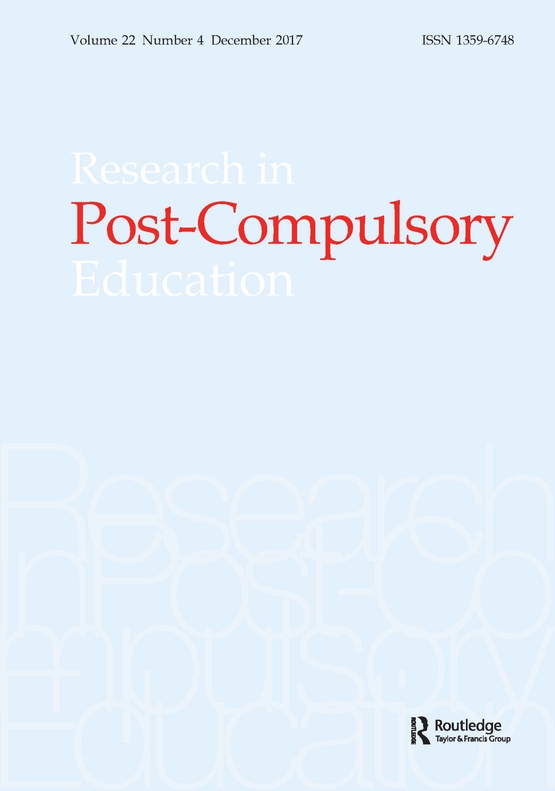tandfonline.com har udgivet en rapport under søgningen “Teacher Education Mathematics”:
Abstract
Abstract
Academic self-efficacy is a crucial predictor of first-year university study success, which makes it a key intended outcome of pre-university education. Students with high academic self-efficacy at the end of secondary education likely experience a better transition to university. This study aimed to investigate which factors relate to Dutch secondary school students’ self-efficacy in terms of being a successful university student, including a personality variable (i.e. need for cognition), a motivational variable (academic interest), and behavioural variables (student engagement and out-of-school academic activities). Structural equation models served to test the proposed model. The results revealed that need for cognition, academic interest, and out-of-school academic activities related directly to self-efficacy; need for cognition and academic interest were especially pertinent. By focusing on improving students’ need for cognition and academic interest, secondary school teachers can contribute to the development of students’ academic self-efficacy and thereby increase their chances for a successful transition to university.
